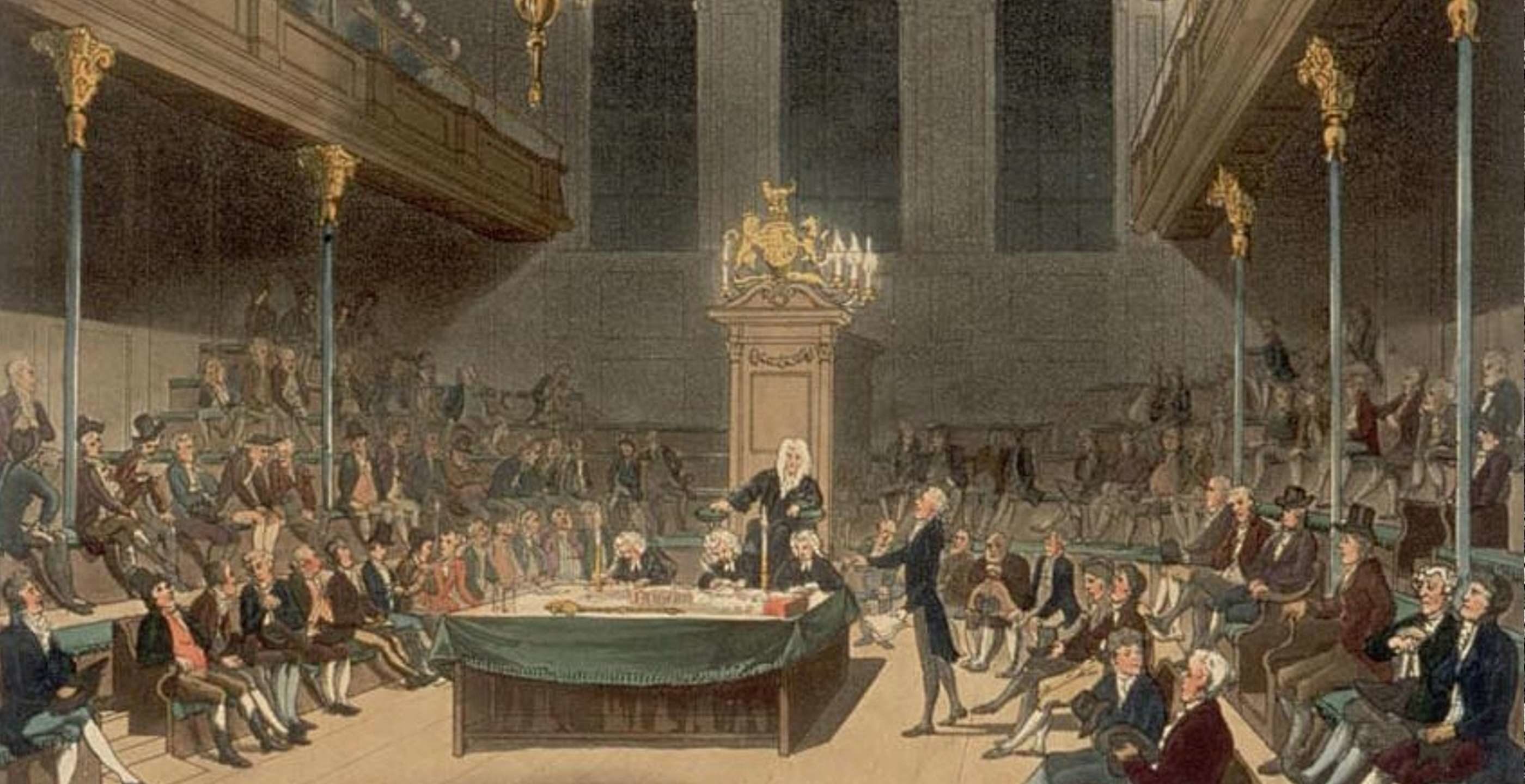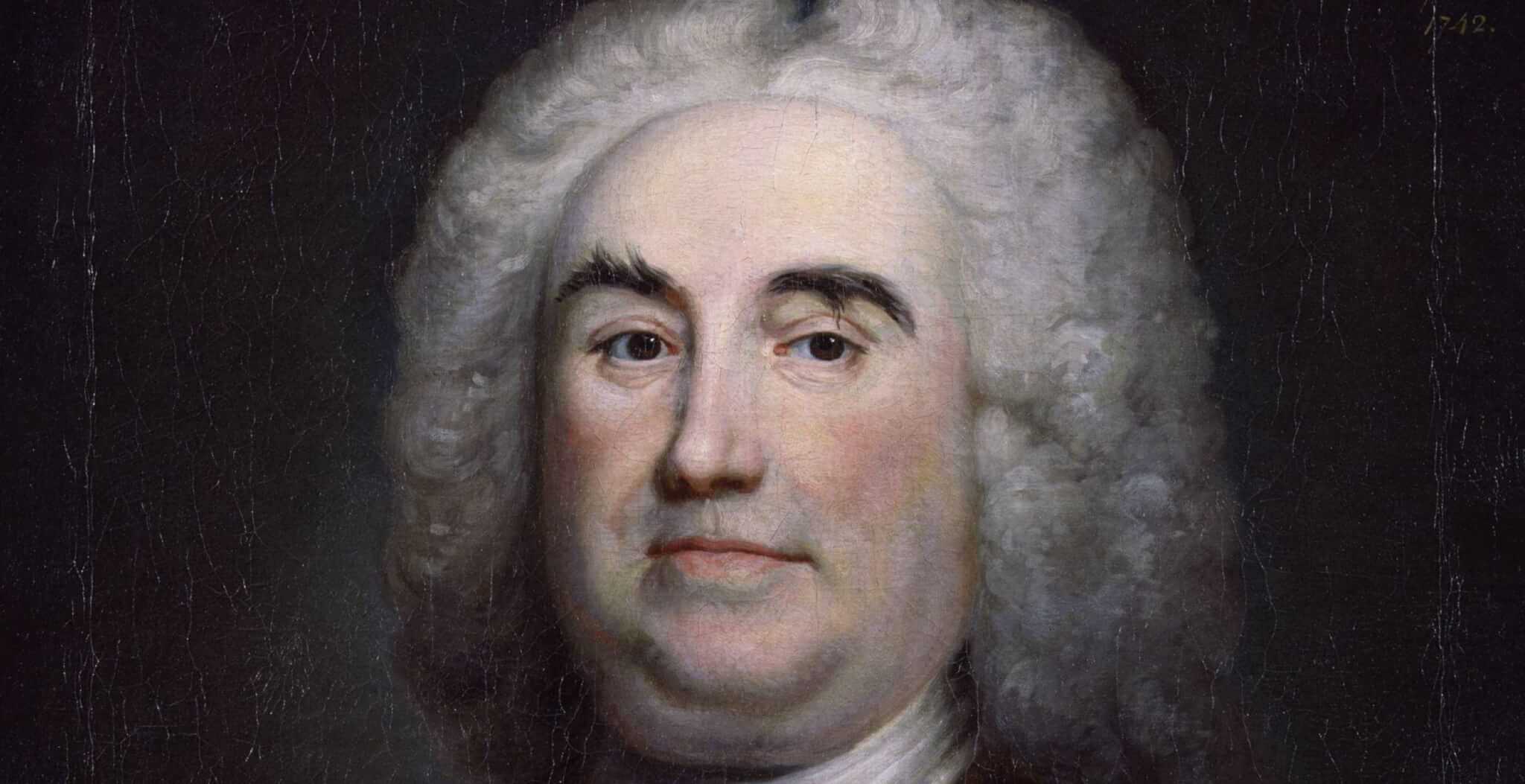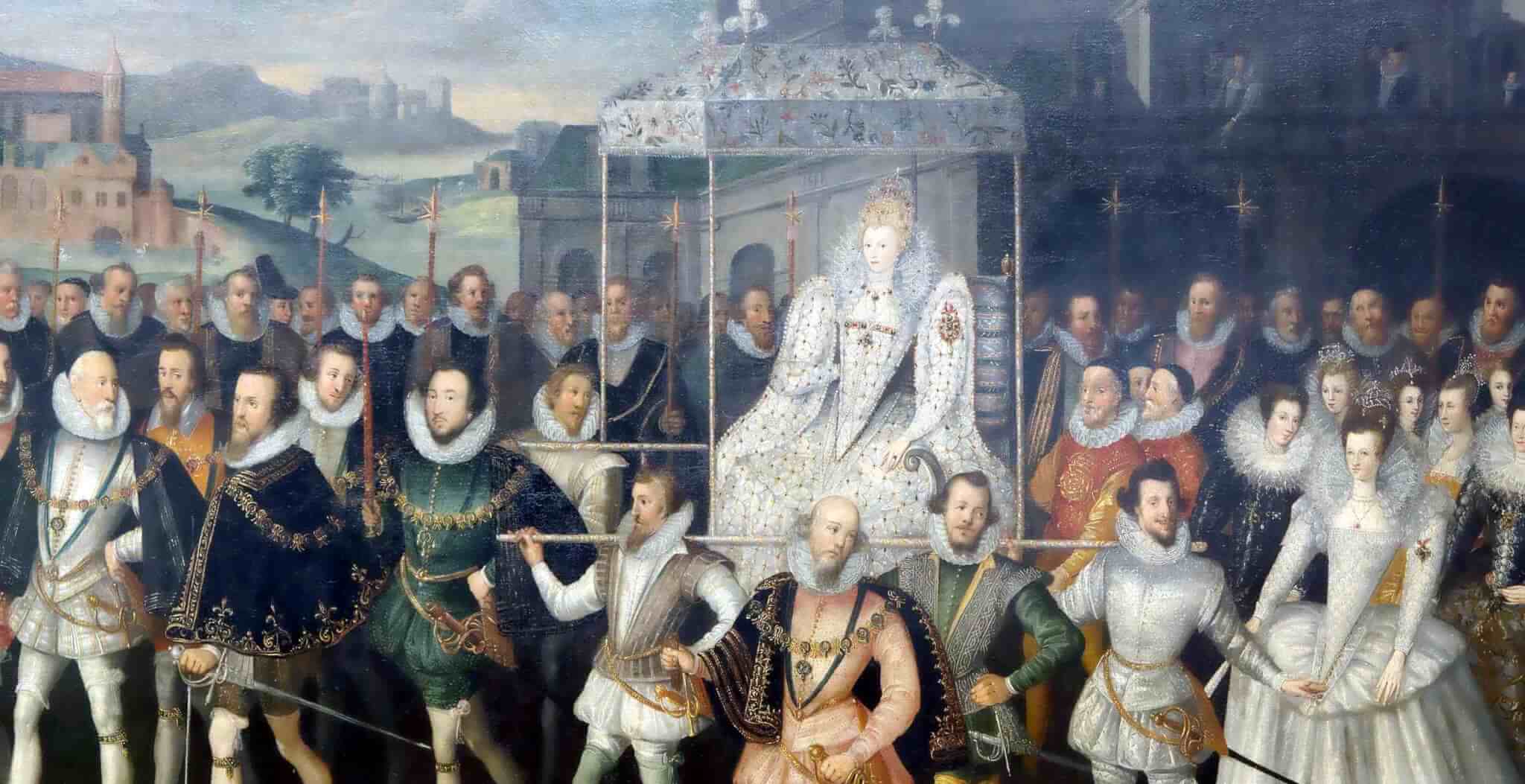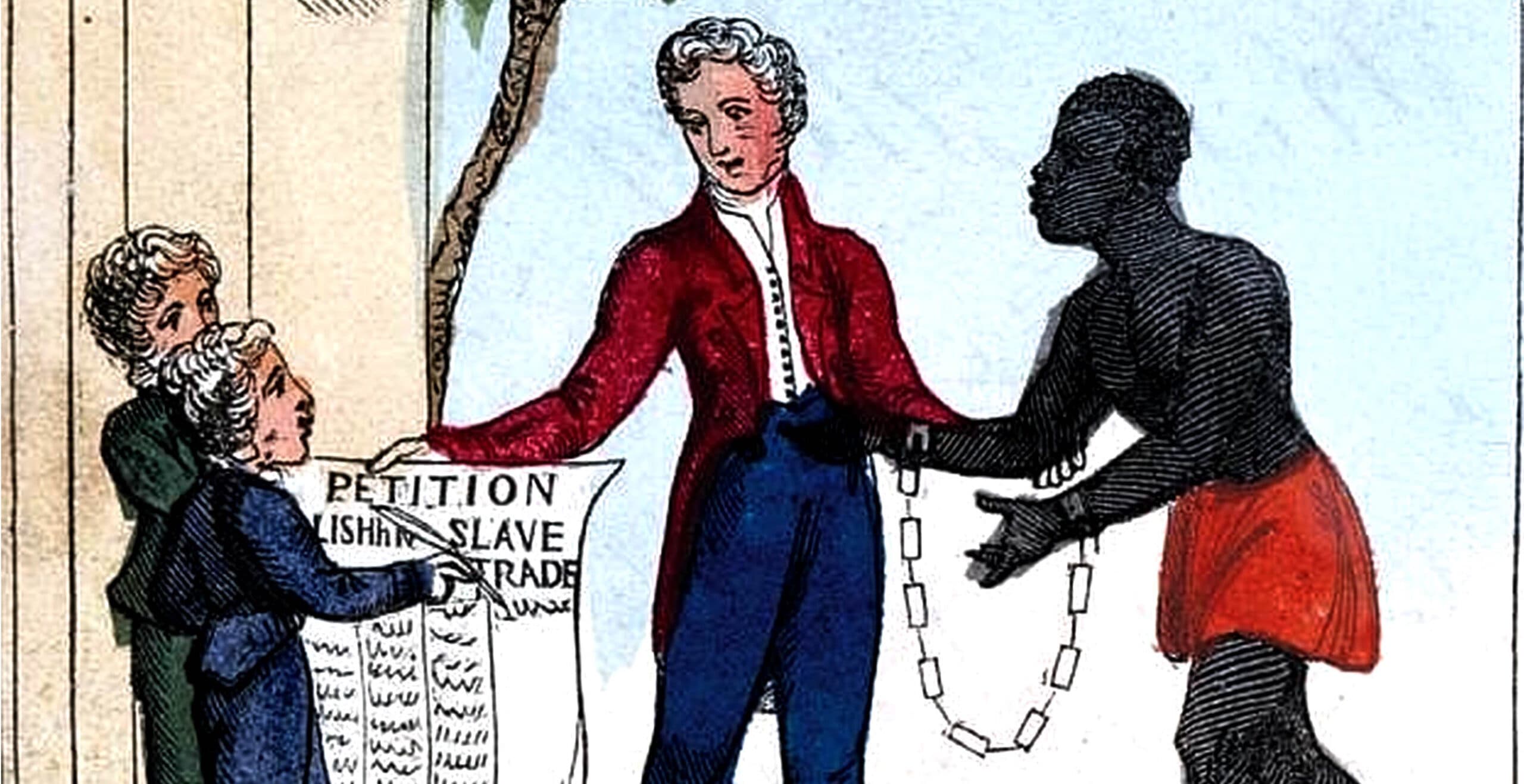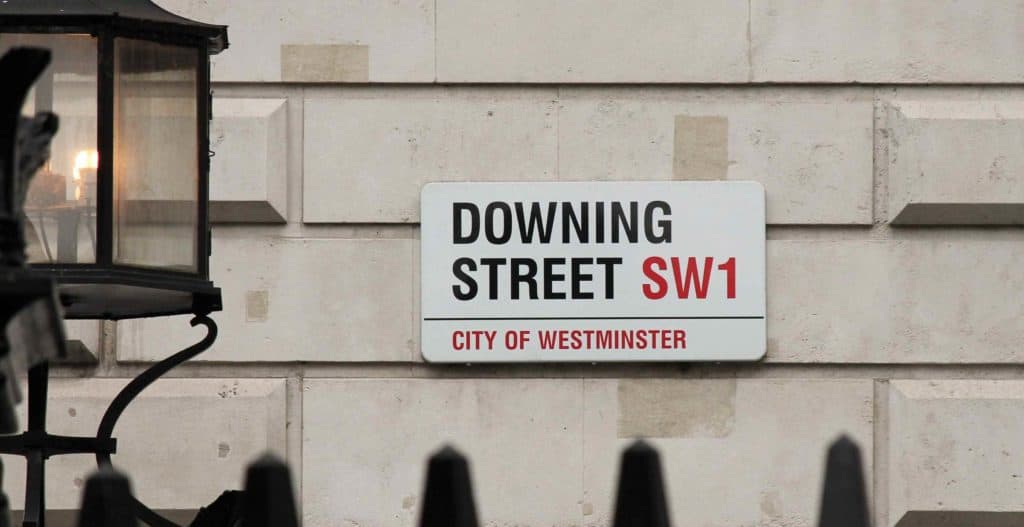“The constitution of the United Kingdom exists in hearts and minds and habits as much as it does in law.”
Jack Straw, Secretary of State for Justice, 2008
Many nations around the world govern through a written constitution, which lays out the fundamental laws of the land and rights of the people in one single legal document. So why doesn’t the UK have a written constitution? The answer can be found in our history.
Emerging nations around the world have had to start from scratch and produce a written constitution setting out their laws and citizens’ rights. Some more established countries have had to adopt a written constitution due to revolt or war. However Britain escaped the revolutionary zeal of the late 18th and 19th centuries, and so the UK constitution, often referred to as the British constitution, has evolved over centuries.
Democracy in Britain is based on Acts of Parliament, historical documents, court judgments, legal precedence and convention. The earliest date in the history of our constitution is 1215 when the barons forced King John to accept the Magna Carta, the ‘Great Charter of the Liberties of England’, which limited the power of the king, making him subject to the law of the land. Two of its key principles, the right to a fair trial by one’s peers and protection from unlawful imprisonment, form the basis of common law in Britain. Magna Carta would also be a major influence on the US constitution.
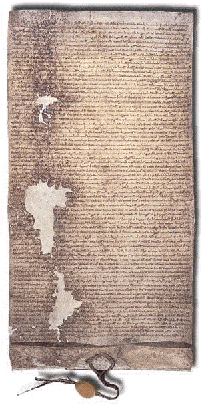 Magna Carta
Magna Carta
The Provisions of Oxford in 1258 set out the basis for the governance of England. 24 members would make up a Council governed by the monarch but supervised by a parliament. The first parliament, made up of knights, lords and common men drawn from the towns and cities, was presided over by Simon de Montfort, widely regarded as the founder of the House of Commons.
The Petition of Rights of 1628 set out some further rights and liberties of the people, including freedom from arbitrary arrest and punishment.
Another landmark piece of legislation was the Bill of Rights of 1689. This followed the ‘Glorious Revolution’ of 1688, in which William III and Queen Mary replaced King James II. This bill declared that the monarch could not rule without consent of Parliament. As part of the bill, Parliament would meet regularly; there would be free elections and freedom of speech in the chamber. It outlined specific liberties for the people, including the freedom to bear arms for self-defence, freedom from taxes imposed by the monarch without the consent of Parliament and the freedom from cruel and unusual punishment.
The Act of Settlement of 1701 controlled who should succeed to the throne and established the vital principle of judicial independence. The number of men entitled to vote was greatly increased by the 1832 Great Reform Act, and the Representation of the People’s Act of 1928 gave all men and women over the age of 21 the right to vote.
These and other written laws form just part of the constitution of the United Kingdom. Political customs or conventions are the unwritten rules that are vital to the workings of government. The office of Prime Minister is one of these conventions: legally the Monarch appoints the Prime Minister, who by convention is the leader of the largest party (or coalition of parties) after a General Election and commands the confidence of the House of Commons.
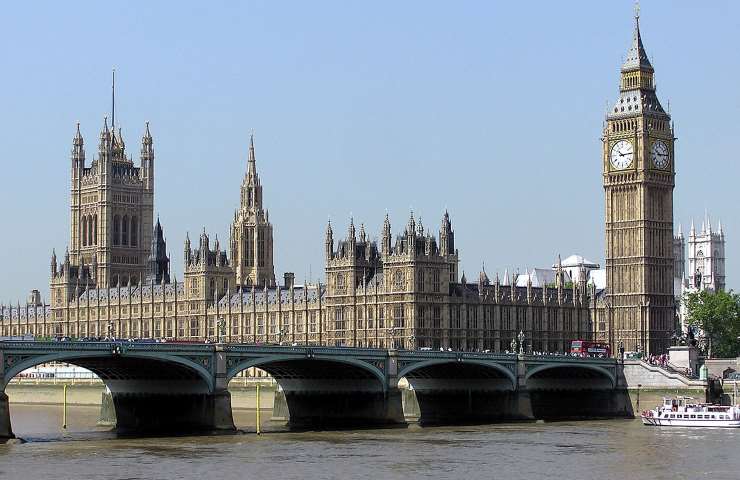
Parliament is made up of three entities: the Monarchy, the House of Commons and the House of Lords. To become law, bills have to be passed by both Houses and then given Royal Assent. By convention and in practice today, the monarch automatically gives their consent, although in theory they have the absolute and legal power to refuse.
By convention, all ministers in government must have a seat in either the House of Commons or the House of Lords. The Prime Minister and Chancellor of the Exchequer must have a seat in the House of Commons. This convention makes the elected government responsible and accountable to Parliament. This is known as the Westminster system of parliamentary government.
Entry into the European Economic Community in 1973 and membership of the European Union brought Britain under the jurisdiction of the European courts in many areas. Some people today see this as an undermining of parliamentary sovereignty, commonly regarded as the defining principle of the British constitution, and cite this as one of the arguments for Brexit (Britain leaving the European Union).
What would be the advantages of a written constitution? Those of us who have followed the Brexit debates in the House of Commons on television have done so in disbelief and confusion. Many today believe that parliament is at best in crisis and at worst ‘not fit for purpose’, and that a written constitution might clarify the position. Others claim that a system that has evolved over centuries is the best for Britain and a written constitution covering all our laws, liberties and conventions would be incredibly difficult to produce.
Whatever your point of view, the British system of government at Westminster (‘The Mother of Parliaments’) has formed the basis of parliamentary democracy of many countries around the world.
